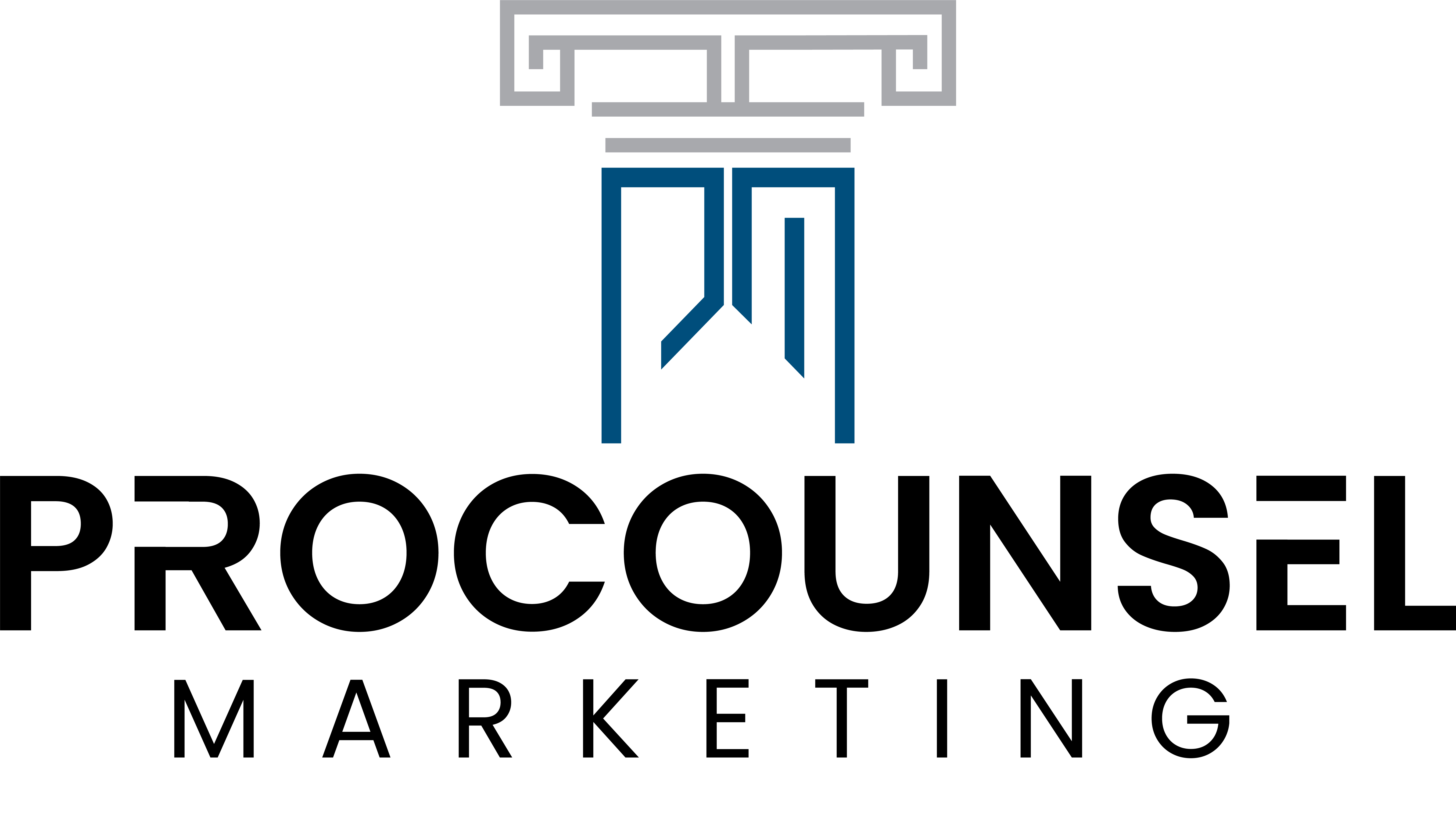In the competitive world of law, it is important to stand out from the crowd. Law firms can greatly improve their practice, attract more clients, also ultimately grow with the right Search Engine Marketing (SEM) strategies. Effective SEM for Lawyers is understanding and implementation matter in estate planning, elder law, or other legal specializations.
This is an article that shall guide you through all of the best practices. Maximize SEM for law firms using these practices. For increasing of a website’s visibility within search engine results pages (SERPs), that is the aim with Search Engine Marketing (SEM), an umbrella term including of various online marketing strategies. Search engine optimization (SEO) with paid advertising, such as Google Ads, are mainly involved. SEM is vital to law firms because it allows reaching potential clients actively searching online for legal services.
When you optimize for your online presence, you then ensure that your firm does appear in all relevant searches. Your firm is easier for potential clients to find and contact in relevant searches.
Crafting a Winning SEM Strategy
1. Keyword Research: The Foundation of SEM
Keywords are the backbone of any effective SEM strategy. For law firms, it’s important to target keywords that potential clients are likely to use when searching for legal services. For instance, if you specialize in estate planning or elder law, keywords like “estate planning SEO” or “elder law SEO” should be a focus.
To conduct keyword research:
- Use tools like Google Keyword Planner or SEMrush to discover relevant keywords.
- Analyze competitor keywords to identify opportunities.
- Consider long-tail keywords that are more specific and often less competitive.
2. Creating Compelling Ad Copy
Once you have your keywords, the next step is to create compelling ad copy. Your ads should be clear, concise, and designed to attract the attention of potential clients. Here are some tips:
- Highlight unique selling points of your law firm.
- Include a strong call to action (e.g., “Contact us today for a free consultation”).
- Use ad extensions to provide additional information like location, phone number, or links to specific pages on your website.
3. Optimizing Landing Pages
Your landing pages are where potential clients will end up after clicking on your ads, so they need to be optimized for conversions. A well-designed landing page should:
- Be relevant to the ad that led visitors there.
- Include a clear call to action that encourages visitors to contact your firm or schedule a consultation.
- Be mobile-friendly to ensure a seamless experience for users on all devices.
4. Monitoring and Adjusting Your Campaigns
SEM is not a set-it-and-forget-it strategy. To maximize your investment, it’s essential to continuously monitor and adjust your campaigns. Use analytics tools to track key metrics like click-through rates (CTR), conversion rates, and return on investment (ROI). Based on your findings, make necessary adjustments to improve performance.
The Role of SEO in SEM for Law Firms
While SEM often focuses on paid advertising, SEO is an equally important component. A strong SEO strategy will help your law firm organically rank higher in search engine results, complementing your paid efforts.
1. On-Page SEO
For effective on-page SEO:
- Optimize title tags and meta descriptions with relevant keywords.
- Ensure your website content is informative and valuable to potential clients.
- Use header tags to structure your content and improve readability.
2. Local SEO
As a law firm, attracting local clients is crucial. Local SEO strategies include:
- Claiming and optimizing your Google My Business listing.
- Encouraging satisfied clients to leave positive reviews.
- Ensuring your firm’s name, address, and phone number (NAP) are consistent across all online platforms.
3. Content Marketing
Content marketing is an excellent way to improve your SEO for law firms efforts. By creating informative blog posts, videos, or guides, you can position your law firm as an authority in your area of expertise. Share content that addresses common questions or legal concerns, and naturally incorporate your target keywords.
Common Challenges and How to Overcome Them
Despite the benefits of SEM, law firms may encounter challenges in executing their strategies. Here are some common issues and solutions:
- High competition for keywords: Focus on niche keywords or long-tail keywords to reduce competition and improve targeting.
- Budget constraints: Start with a smaller budget and gradually increase it as you see positive results. Prioritize high-performing keywords and campaigns.
- Keeping up with changes: Stay informed about updates in SEM and SEO best practices by following industry blogs and attending webinars or workshops.
Conclusion
In today’s digital age, SEM is a powerful tool for law firms looking to expand their reach and attract more clients. By understanding the importance of SEM, crafting a comprehensive strategy, and addressing common challenges, your law firm can maximize its online presence and achieve its business goals. Remember, success in SEM requires continuous monitoring and adaptation, so stay proactive and make data-driven decisions to stay ahead of the competition.


